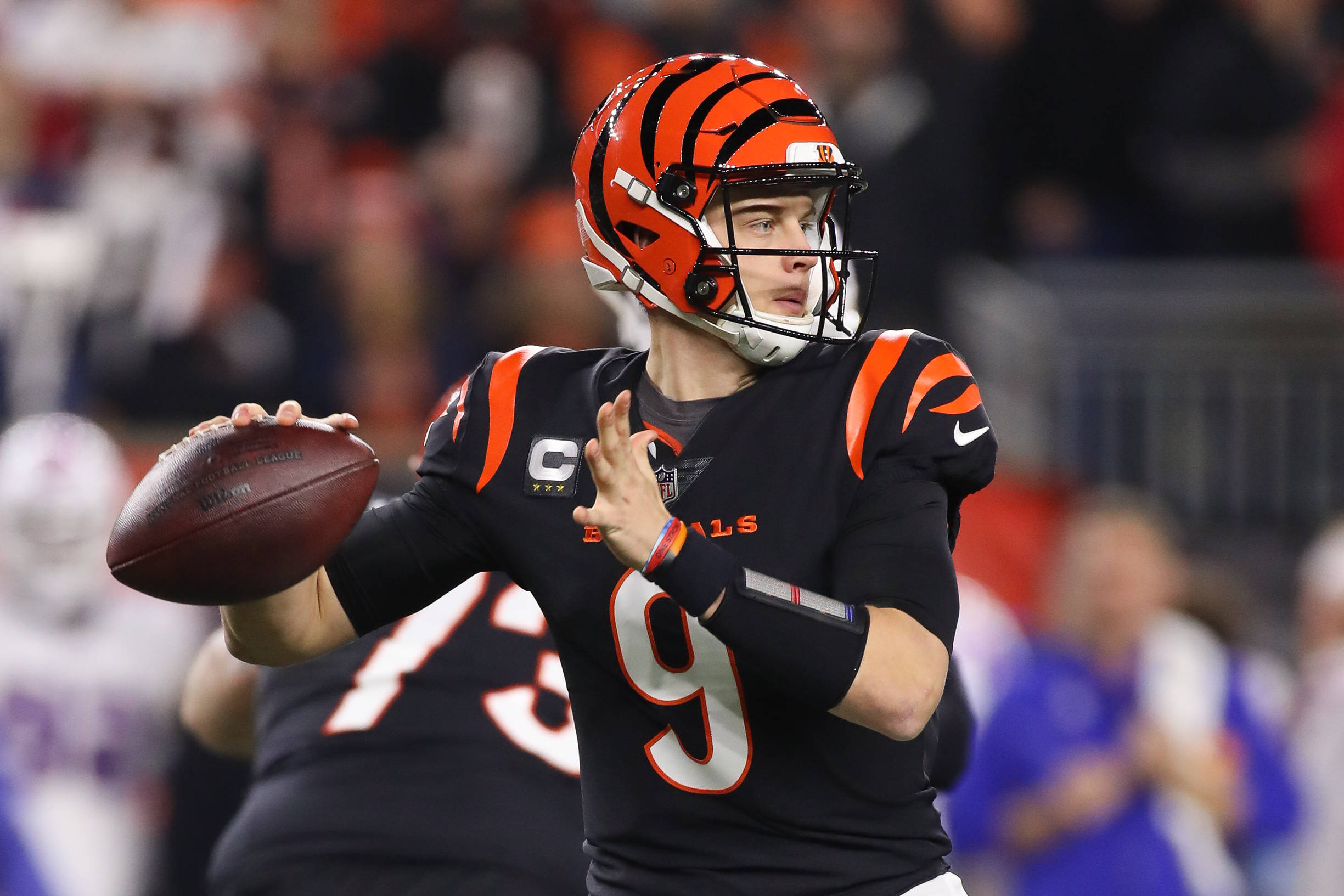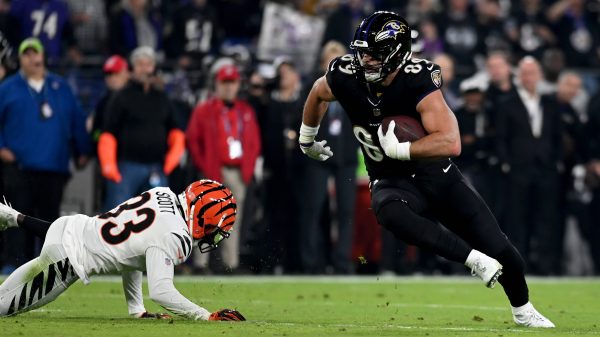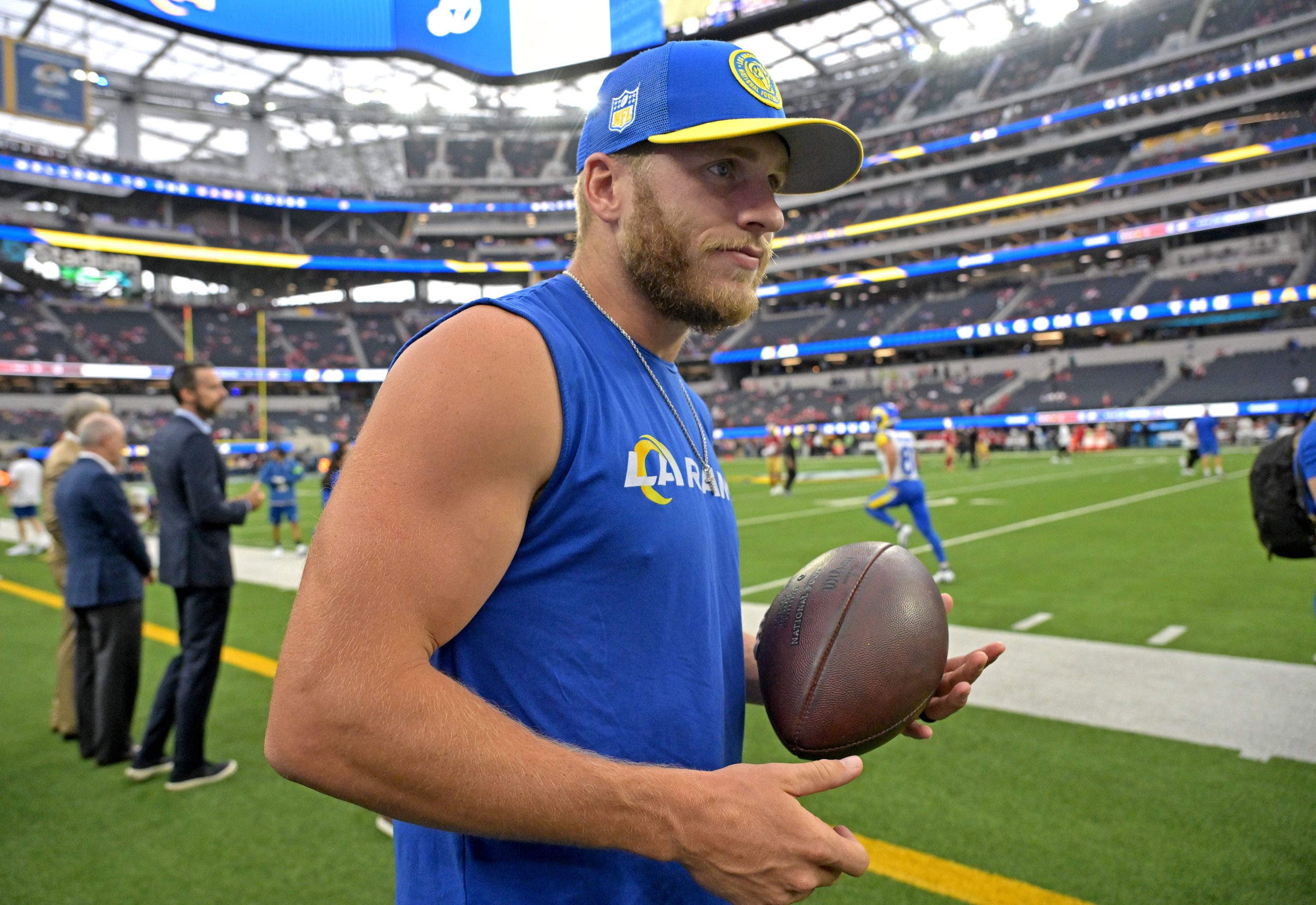Football has a rich history in the city of Detroit, with the sport being played in the city as early as the late 19th century. Over the years, Detroit has seen the rise of amateur football teams, the formation of professional teams, and the birth of one of the most iconic franchises in the National Football League (NFL) – the Detroit Lions. The early years of football in Detroit laid the foundation for the team’s future success and left a lasting impact on the city’s football culture.
Key Takeaways
- Football in Detroit began in the late 1800s with amateur teams playing on open fields.
- The Detroit Heralds were formed in 1905 and played against other local teams, but struggled financially.
- The Detroit Lions were established in 1930 and played their first game on September 28th of that year.
- The Lions’ original logo featured a blue lion with a football in its mouth, and their uniforms were blue and silver.
- Early stars of the Lions included Dutch Clark, Glenn Presnell, and Ernie Caddel, who helped lead the team to their first championship in 1935.
The Early Years of Football in Detroit
The first recorded football game in Detroit took place in 1882 between the University of Michigan and the Detroit Athletic Club. This marked the beginning of a long-standing tradition of football in the city. In the early years, football was primarily played by amateur teams, with local clubs and colleges organizing games against each other. These games were often played on makeshift fields and attracted large crowds.
Amateur football teams began to emerge in Detroit, with clubs like the Detroit Athletic Club and the University of Detroit forming their own teams. These teams would compete against each other and other local clubs, showcasing their skills and passion for the sport. The popularity of football continued to grow, and by the early 1900s, Detroit had established itself as a hub for amateur football.
The Formation of the Detroit Heralds
In 1905, a group of local businessmen came together to form a professional football team in Detroit – the Detroit Heralds. The team quickly gained success and became one of the top professional teams in the country. Led by star player Jimmy Conzelman, the Heralds won several championships and brought national recognition to Detroit’s football scene.
The formation of the Heralds had a significant impact on the city’s football culture. It brought professional football to Detroit and showcased the talent that existed within the city. The success of the Heralds inspired other professional teams to form in Detroit, further solidifying the city’s reputation as a football powerhouse.
The Birth of the Detroit Lions
| Year | Event |
|---|---|
| 1929 | The Detroit Lions were founded as the Portsmouth Spartans in Portsmouth, Ohio. |
| 1930 | The team moved to Detroit and became the Detroit Lions. |
| 1935 | The Lions won their first NFL Championship. |
| 1952 | The Lions won their second NFL Championship. |
| 1953 | The Lions won their third NFL Championship. |
| 1957 | The Lions won their fourth NFL Championship. |
| 1991 | The Lions moved to the Pontiac Silverdome. |
| 2002 | The Lions moved to Ford Field in downtown Detroit. |
In 1930, the Detroit Heralds underwent a transformation and became the Detroit Lions. The team was purchased by George A. Richards, who was determined to bring a professional football team to Detroit that could compete at the highest level. Richards changed the team’s name to the Lions and introduced a new logo and uniform.
The Lions’ entry into the NFL marked a new era for professional football in Detroit. The team joined the league as one of its charter members and quickly established itself as a formidable opponent. The Lions’ success on the field and their passionate fan base helped solidify their place in the NFL.
The First Season of the Lions
The Lions’ inaugural season in the NFL took place in 1930. Led by head coach Potsy Clark and star player Dutch Clark, the team had a successful season, finishing with a record of 12-1-1. The Lions’ strong performance earned them a spot in the NFL Championship Game, where they faced off against the Green Bay Packers.
In a thrilling game, the Lions emerged victorious, winning their first NFL championship. This victory solidified the Lions’ place in professional football and brought national recognition to the city of Detroit. The team’s success on the field and their passionate fan base helped establish a strong foundation for future seasons.
The Evolution of the Lions’ Logo and Uniform
Over the years, the Detroit Lions have had several different logos and uniforms. The team’s original logo featured a lion’s head with a flowing mane, which symbolized strength and power. This logo was used from 1930 to 1960 and became synonymous with the team.
In 1961, the Lions introduced a new logo that featured a more modern design. This logo featured a stylized lion’s head with a flowing mane and was used until 2008. In 2009, the team unveiled a new logo that featured a more aggressive-looking lion’s head. This logo is still in use today and has become iconic for the team.
The Lions’ uniforms have also undergone several changes over the years. The team’s original uniform featured blue jerseys with silver pants and helmets. Over time, the team introduced different variations of their uniform, including white jerseys and alternate color schemes. The team’s current uniform features blue jerseys with silver pants and helmets, paying homage to the team’s history.
The Early Stars of the Lions
The early years of the Detroit Lions were marked by the presence of several standout players who left a lasting impact on the team and the NFL. One of these players was Dutch Clark, who played for the Lions from 1931 to 1938. Clark was known for his versatility and was one of the first players to excel at both offense and defense. He was inducted into the Pro Football Hall of Fame in 1963.
Another standout player from the early years of the Lions was Glenn Presnell, who played for the team from 1931 to 1936. Presnell was known for his speed and agility and was one of the top running backs in the league during his time with the Lions. He set several records during his career, including the longest run from scrimmage in NFL history at that time.
The Lions’ First Championship
The Detroit Lions won their first NFL championship in 1935, just five years after joining the league. Led by head coach Potsy Clark and star player Dutch Clark, the team finished the regular season with a record of 7-3-2. In the NFL Championship Game, they faced off against the New York Giants.
In a hard-fought game, the Lions emerged victorious, winning their first NFL championship. The victory was a testament to the team’s hard work and determination, and it solidified their place in professional football. The Lions’ first championship brought national recognition to the city of Detroit and established the team as a force to be reckoned with.
The Impact of the Great Depression on the Lions
The Great Depression had a significant impact on the Detroit Lions and the NFL as a whole. The economic downturn led to a decline in attendance at games and a decrease in revenue for the league. Many teams struggled to stay afloat during this time, and some were forced to fold.
Despite the challenges posed by the Great Depression, the Lions remained resilient. The team continued to play games and attract fans, even in the face of financial hardship. The Lions’ perseverance during this time helped solidify their place in professional football and set the stage for future success.
The Lions’ Move to Briggs Stadium
In 1938, the Detroit Lions moved to a new stadium – Briggs Stadium. The move was significant for both the team and the city of Detroit. Briggs Stadium, which was later renamed Tiger Stadium, became the home of the Lions for over 60 years.
The move to Briggs Stadium provided the Lions with a state-of-the-art facility and helped attract more fans to games. The stadium’s central location in downtown Detroit made it easily accessible for fans, further boosting attendance. The move also had a positive impact on the city of Detroit, as it brought increased revenue and national recognition.
The Legacy of the Early Detroit Lions
The early Detroit Lions left a lasting legacy on both the city of Detroit and the NFL. The team’s success on the field and their passionate fan base helped establish a strong football culture in Detroit. The Lions’ early championships brought national recognition to the city and solidified its place as a football powerhouse.
The early Lions also set the foundation for the team’s future success. The team’s commitment to excellence and their resilience during challenging times helped shape the identity of the franchise. The Lions’ legacy continues to be celebrated by fans and players alike, and their impact on the city of Detroit and the NFL cannot be overstated.
The early years of the Detroit Lions were marked by the formation of amateur football teams, the creation of the Detroit Heralds, and the birth of one of the most iconic franchises in the NFL. The team’s success on the field and their passionate fan base helped establish a strong football culture in Detroit and brought national recognition to the city. The early Lions set the foundation for the team’s future success and left a lasting legacy on both the city of Detroit and the NFL.
If you’re curious about the history of the Detroit Lions and what they were called before 1934, you might find this article interesting. It delves into the origins of the team and reveals their previous name. Check it out here.











































































































































































Recent Comments